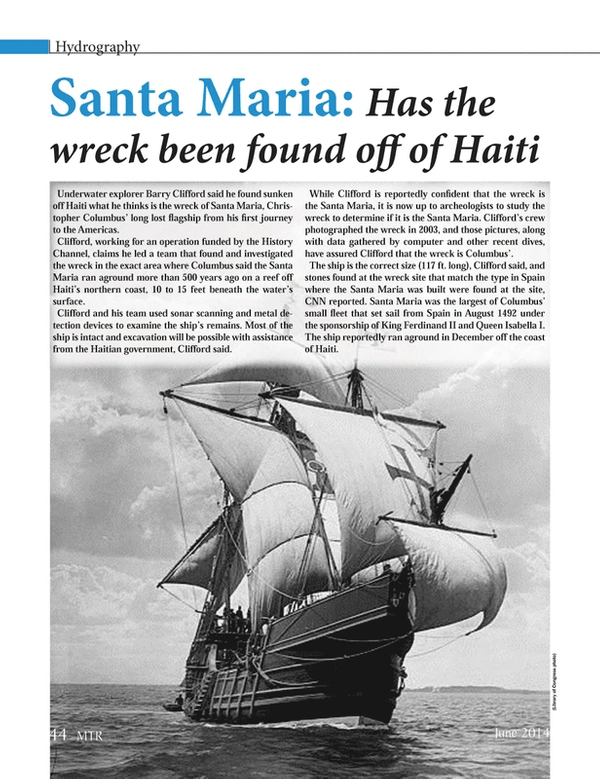
Oil Majors Increasingly Employ eLearning Tools
The practice in oil & gas eLearning in the U.S is growing rapidly, with many oil companies now using eLearning as part of its competence management programs. Several oil giants in the U.S. such as Shell, Exxon and Chevron are keen on competence-based management, because it is an effective way for managers to ensure their workers are capable of making the workplace decisions. Although companies have focused on competences for some time, the practice is growing in eLearning, and more companies are making formal attempts to tie eLearning to competence management.
Because the oil and gas business is so competitive, senior executives realize that knowledge, and the application of knowledge, is key to business success. Oil and Gas executives therefore tend to see learning as a strategic priority. And because the major oil companies have a variety of proprietary processes and technologies that require bespoke learning solutions, it often commissions third-party vendors, such as British company, Maritime Training & Competence Solutions (MTCS Ltd.), to develop bespoke content. Both Shell, Exxon and Chevron use competence management within learning and training, and this process plays a role in defining the need for eLearning content.
MTCS Ltd. is currently working with Team Trident, a private staffing firm based in Houston, Texas, with a niche focus on skilled trades for the offshore energy industry, to ensure Team Trident customers have excellent competence certification opportunities available to them.
“After Macondo, the U.S authorities have been emphasizing the skills and experience expected from personnel in the Gulf of Mexico,” said Rod Long, Team Trident, Houston. “This is being handed down by the Bureau of Ocean Energy Management, Regulation and Enforcement (BOEMRE) through its Safety and Environmental Management Systems (SEMS) requirements and is a very good thing for our industry.
Team Trident is working with MTCS to clarify what skills and experience should be expected and how it should be demonstrated in our sector by using the MTCS, IMCA aligned, competence material. With competence certification, it will ensure Team Trident can connect great technical personnel with great employment opportunities on land and offshore. Finally, because many of the personnel Team Trident selects are prior military, they are very used to proving they are competent at their trade prior to advancement to the next level so they accept the MTCS competence scheme readily.”
Providing a full IMCA-aligned Competence Scheme Management service, MTCS Ltd. ensure personnel are demonstrating competence in the offshore workplace. In addition, MTCS Ltd. provide a spectrum of operational, technical and supervisory training, with the majority of their courses focussing on subsea technology, remotely operated vehicles, as used in the oil and gas industry and in Renewables
“The oil and gas industry is a global, highly competitive, and knowledge-intensive business with a high demand for eLearning and the use of competence management in eLearning continues to be popular,” said Richard Warburton, Managing Director for MTCS Ltd. “The global nature of the oil and gas industry also creates demand for network-based tools, such as eLearning, that can deal with highly distributed workforces. No matter where in the U.S, or indeed the rest of the world they are, candidates can use distance learning methods (eLearning) most appropriate to their needs, whether it is through the internet or the office intranet.”
www.mtcs.info
(As published in the May 2014 edition of Marine Technology Reporter - http://www.marinetechnologynews.com/Magazine)
Read Oil Majors Increasingly Employ eLearning Tools in Pdf, Flash or Html5 edition of June 2014 Marine Technology
Other stories from June 2014 issue
Content
- Editor's Note: MTR June 2014 page: 6
- Several Contracts for DOF Subsea page: 8
- Subsea: Standardization is the New Innovation page: 10
- Subsea Risk Management in Real Time page: 12
- Maersk Computer Game to Spark Students' Interest in Science page: 14
- FORCE: Tidal Project Begins Construction on Subsea Platform page: 18
- AUVs are Central to Lisbon Security Program page: 18
- Study: Rising Sea Level Puts 150 Million at Risk page: 22
- Insights into Inertial Sensor Technology page: 26
- ONR and the Culture of Innovation and Invention page: 30
- Preparing Engineers for Lucrative Ocean Related Careers page: 38
- C-MAR DP Training in Brazil page: 40
- Exceptional Imagery via Bluefin Robotics AUV & Sonardyne Solstice page: 42
- Oil Majors Increasingly Employ eLearning Tools page: 44
- VectorNav Launches VN-300 page: 53
- Trelleborg Debuts Thermal Insulation Portfolio page: 54
- Subsea Camera from Battelle page: 55
- MacArtney Launches LUXUS Dropplate page: 55
- WFS: Improved Subsea Video Camera page: 56
- GPRS Enabled Security Camera from OSIL page: 56
- Sonar Image Stabilization – A Powerful Tool page: 57
- Bowtech Releases New Tooling Camera Range page: 57
- Imenco and High Resolution Subsea Digital Imaging page: 57
- Axis: New Security Cameras page: 58
- New Submersible Pressure Sensor from AST page: 59
- Sonardyne System to Monitor North Sea CO2 Leaks page: 59


